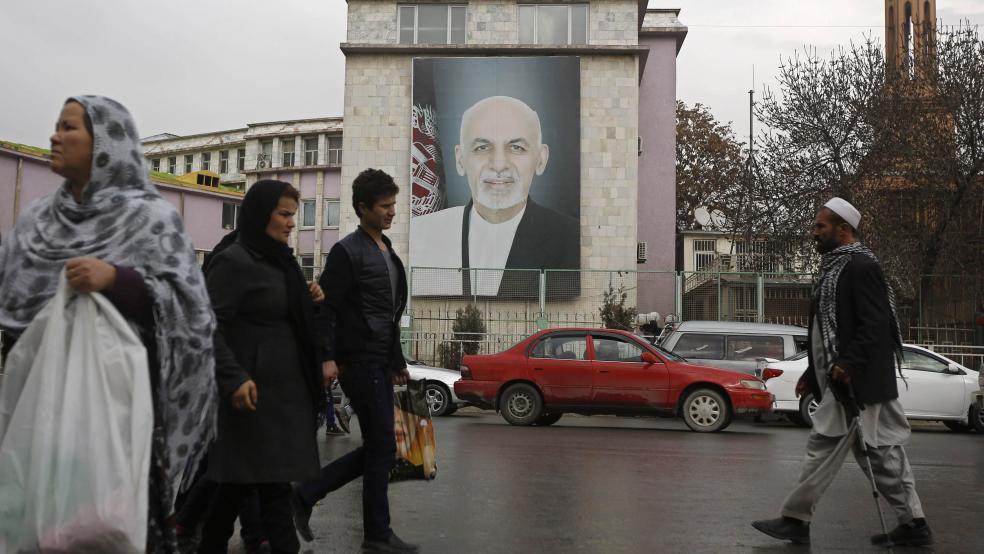Millions of Afghan refugees fleeing decades of war are living in Pakistan and Iran. The U.S. State Department has spent $950 million since 2002 to return them to their country, but those efforts have mainly failed due to incompetence and corruption in the Afghan government, according to a new report from the Special Inspector General for Afghanistan Reconstruction (SIGAR).
The State Department had funded a two-year program intended to help the Afghan bureaucracy better deal with the refugee crisis, but it found working with the Afghan Ministry of Refugees and Repatriations (MORR) “extremely challenging” and concluded the ministry wasn’t up to the task.
The State Department cut off funding to the ministry in 2014, though it continues paying for programs run by the United Nations High Commission for Refugees, including efforts in Pakistan and Iran. Even a Pakistani government report found that the UNHCR programs there had made “very little progress.”
Related: Is State Dept. Trying to Muzzle Afghanistan Watchdog?
One big sticking point in addressing the plight of the refugees was the inability of the governments of Afghanistan, Pakistan and Iran to make a credible estimate of how many people had been displaced. That would help determine how much money is needed and how the funds are allocated.
The UNHCR intervened, and in December 2014 came up with an estimate: By its reckoning, about 1.5 million unregistered Afghan refugees were still in Pakistan and 950,000 in Iran.
The new Afghan government that succeeded the troubled administration of former President Hamid Karzai last year has promised to clean up the bungling bureaucracy and strengthen programs to repatriate refugees. And SIGAR seems willing to give it a chance.
Related: We Built a $335 Million Power Plant in Afghanistan that Can Barely Turn on a Lightbulb
The U.S. has no plans to reintroduce its financial support, but the SIGAR report recommends that the State Department monitor the new Afghan government’s progress for signs of headway. Once State feels comfortable reinstating assistance, the department should work with other aid organizations to address the needs of refugees and returnees and partner with multiple ministries within the Afghan government, not just the MORR, to ensure accountability.
Until then, millions of refugees will be waiting for help to get home.





